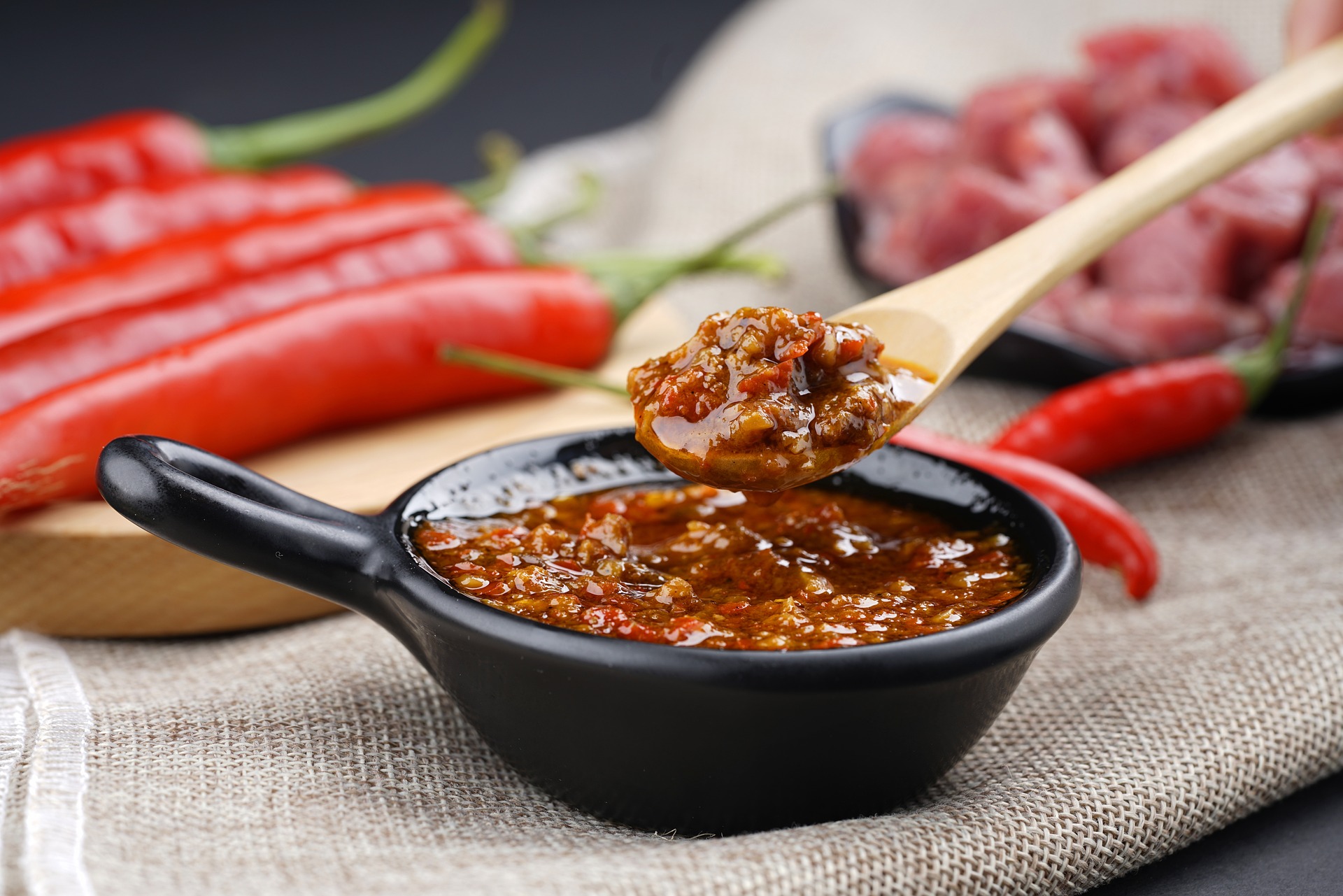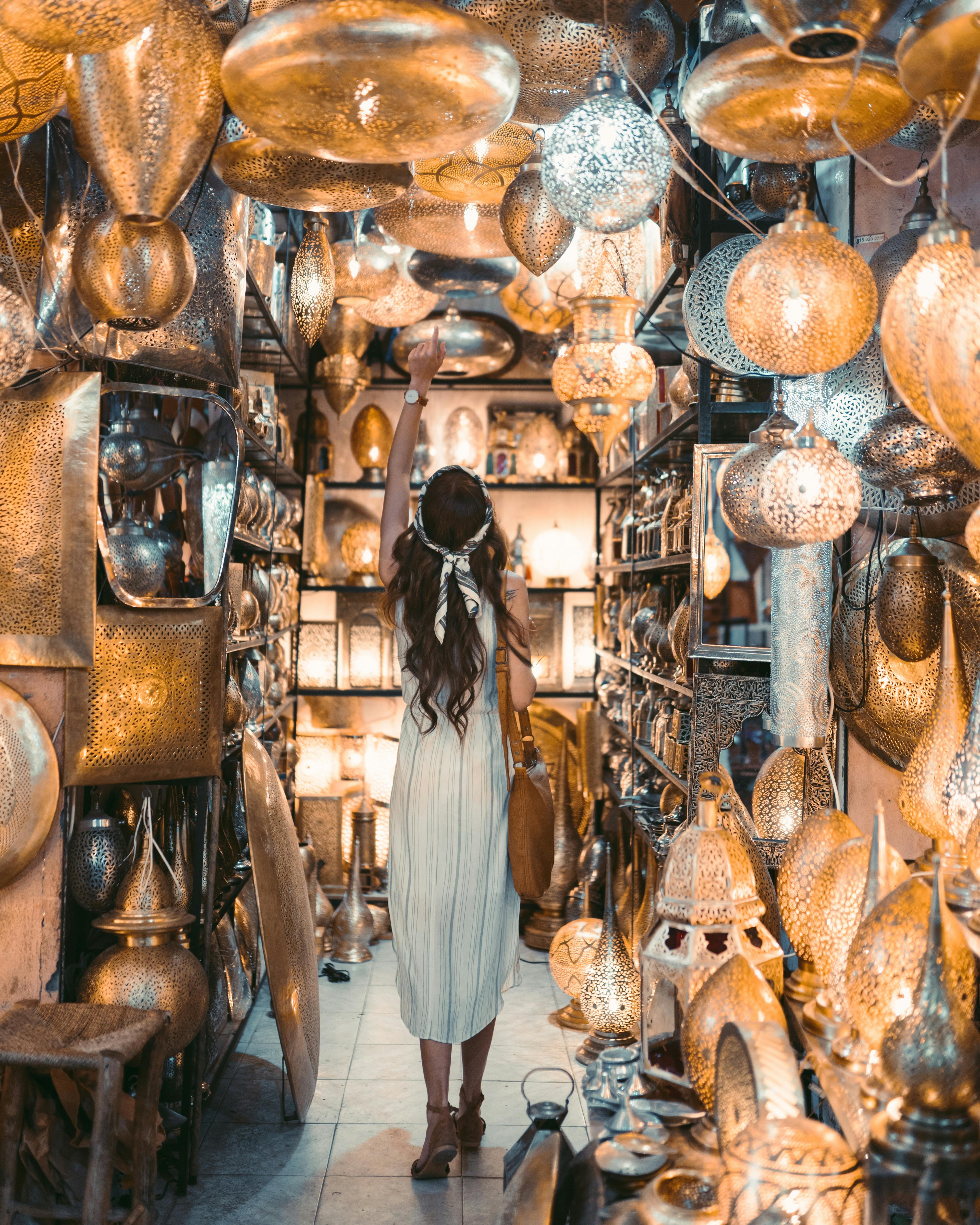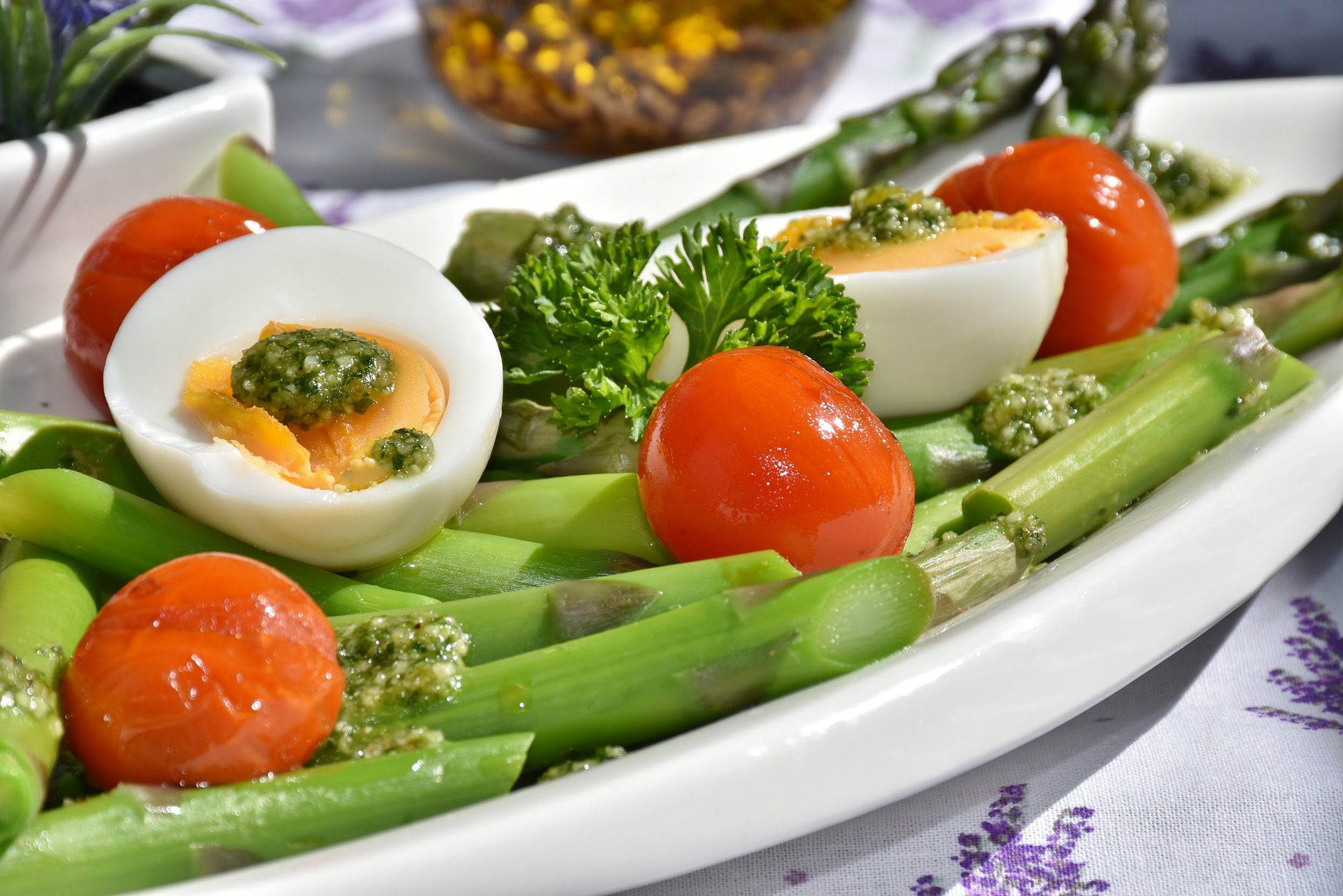Spice Up Your Life: A Deeper Look into the Magic of Moroccan Cuisine
Moroccan cuisine is a tantalizing fusion of African, Arabic, Mediterranean, and Berber culinary traditions, with a rich history and a variety of flavors that are as diverse as the country itself. This article will take you on a flavorful journey to explore this unique culinary heritage, highlighting the innovative ways in which traditional Moroccan dishes are being reimagined in contemporary gastronomy.
A Sensory Journey through Moroccan Flavor Profiles
Moroccan cuisine is renowned for its intricate blend of spices, which are the very essence of its distinct flavor profiles. Ras el hanout, a spice mix that includes cardamom, cumin, and coriander, is a staple in many dishes. Other ingredients such as preserved lemons, olives, and saffron add a tangy, salty, and luxurious touch respectively.
The Art of Moroccan Tagine
Tagine, named after the conical clay pot in which it’s cooked, is a quintessential Moroccan dish. It’s a slow-cooked stew that can feature a range of ingredients from lamb to fish, to an array of vegetables. Modern chefs are adding their own twist to traditional tagine recipes, experimenting with new combinations of ingredients and flavors.
Bread, the Heart of Moroccan Cuisine
Bread is a central part of Moroccan meals. From the fluffy khobz to the pancake-like msemen, each type has its own unique taste and texture. Today’s bakers are innovating these traditional recipes, incorporating ingredients such as whole grains and seeds, to appeal to the modern, health-conscious consumer.
The Sweet Side of Morocco
Moroccan desserts are a delightful mix of textures and flavors. Pastries like baklava and chebakia are crowd favorites, while the less-known seffa, a sweet couscous dish, is a hidden gem. Contemporary Moroccan patisseries are putting a creative spin on these classics, using unconventional ingredients like matcha and lavender.
Moroccan Mint Tea: Tradition and Innovation
No discussion of Moroccan cuisine would be complete without mentioning mint tea, the country’s signature beverage. Moroccan mint tea is traditionally served in a ritualistic manner but contemporary Moroccan cafes are redefining this tradition, offering unique variations like iced mint tea and mint tea lattes.
-
Innovative Recipes to Try: Modern Moroccan Carrot and Chickpea Tagine with Quinoa, Moroccan Spiced Whole Grain Bread, Lavender Infused Chebakia, Iced Mint Tea with Lemon Verbena.
-
Fun Fact: The traditional method of pouring Moroccan mint tea from a height is not just for show. It aerates the tea, helping to bring out its full flavor.
In conclusion, Moroccan cuisine is a multi-dimensional culinary experience that is continually evolving. As traditional flavors meet modern gastronomy, the result is an exciting fusion that both respects and reinvents age-old recipes. So why not spice up your culinary repertoire by exploring the enchanting world of Moroccan food?





